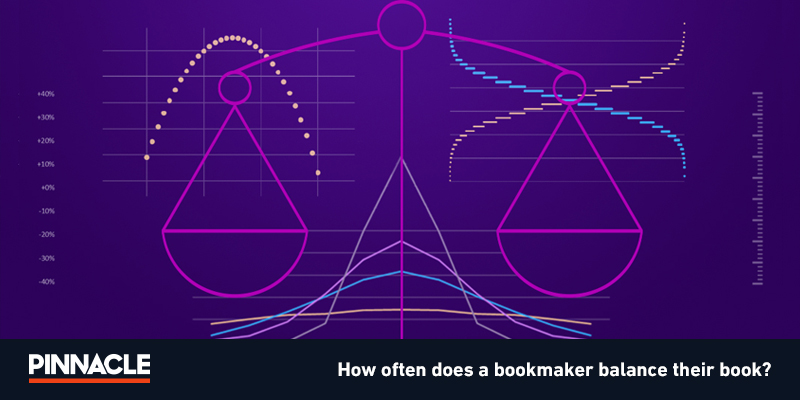Who Is A Bookmaker
BookMaker welcomes all winners: whether you are a recreational player on a hot streak or a professional sports bettor who wins more often than not, BookMaker always pays out. How quickly you get paid is the measure of a world-class sportsbook, and Bookmaker has always offered the fastest, most reliable payout methods in the industry. William Hill plc is a bookmaker based in London, England. It is listed on the London Stock Exchange and is a constituent of the FTSE 250 Index. The company was founded by William Hill in 1934. It changed hands many times, being acquired by Sears Holdings in 1971.


English[edit]
Etymology[edit]
Heritage Sportsbook Eu
From Middle Englishbokmakere, boke maker, equivalent to book + maker. This etymology is incomplete. You can help Wiktionary by elaborating on the origins of this term.
Pronunciation[edit]
- IPA(key): /ˈbʊkmeɪkəɹ/
Noun[edit]
bookmaker (pluralbookmakers)
- A person who prints or bindsbooks.
- A person who compilesbooks from the writings of others.
- A person (or a business) who calculatesodds and acceptsbets, especially on horse racing; a bookie.
Related terms[edit]
Translations[edit]
|
|

|
|
See also[edit]
French[edit]
Etymology[edit]
From Englishbookmaker.
Pronunciation[edit]

- IPA(key): /buk.mɛ.kœʁ/
Audio
Noun[edit]
bookmakerm (pluralbookmakers)
- bookmaker (betting)
Italian[edit]
Etymology[edit]
From Englishbookmaker.
Who Is A Bookie
Noun[edit]
bookmakerm (invariable)
- bookmaker (betting)
Synonyms[edit]
A bookmaker is a person who accepts bets on a variety of different competitions or unpredictable outcomes, though usually sporting events. He or she will typically set the odds or rates for how a bet will pay out if successful, and typically uses points spreads in an effort to offset the potential loss he or she may take from bets made. This work usually involves a high understanding of the various factors that can go into a sporting event and knowledge of the various teams and what is happening with each. A bookmaker may be able to work legally in some areas, while other areas may outlaw bookmaking or relegate such work to government agencies.

Also called a bookie, a bookmaker will typically establish the odds involved with a sporting event or similar situation on which he or she will take bets. In general, he or she will actually take bets and accept money as well as pay out money to winners, though this may depend on the organization being run. Some bookmakers may work in areas where such gambling is illegal, but still make predictions and set odds for winning or losing simply out of enjoyment of the practice. In some areas, a bookmaker may even set odds and take bets on a number of non-sporting events, such as the outcome of a political election.
A bookmaker will typically make money on events not based on who wins or loses, but simply by virtue of the bets being placed. By setting odds in the right way, a bookmaker can still make a profit even with a high payout due to the total number of bets placed. This practice is usually what will set apart bookmakers who are profitable from those who are unable to continue to operate. Many bookmakers also utilize a “points spread” system to better offset potential losses. This type of system establishes a margin by which a team must win in order to payout to someone betting on that team.
The legality of what a bookmaker does typically depends on the country in which he or she is living and working. In the US, for example, bookmaking is typically illegal and can only be done legally in the state of Nevada. Other countries, such as Canada, Sweden, and Japan, have legalized the practice but such operations are controlled and operated by the government. In the UK, on the other hand, the legality of bookmaking has often gone back and forth, though it has become legal and now contributes to the national economy.